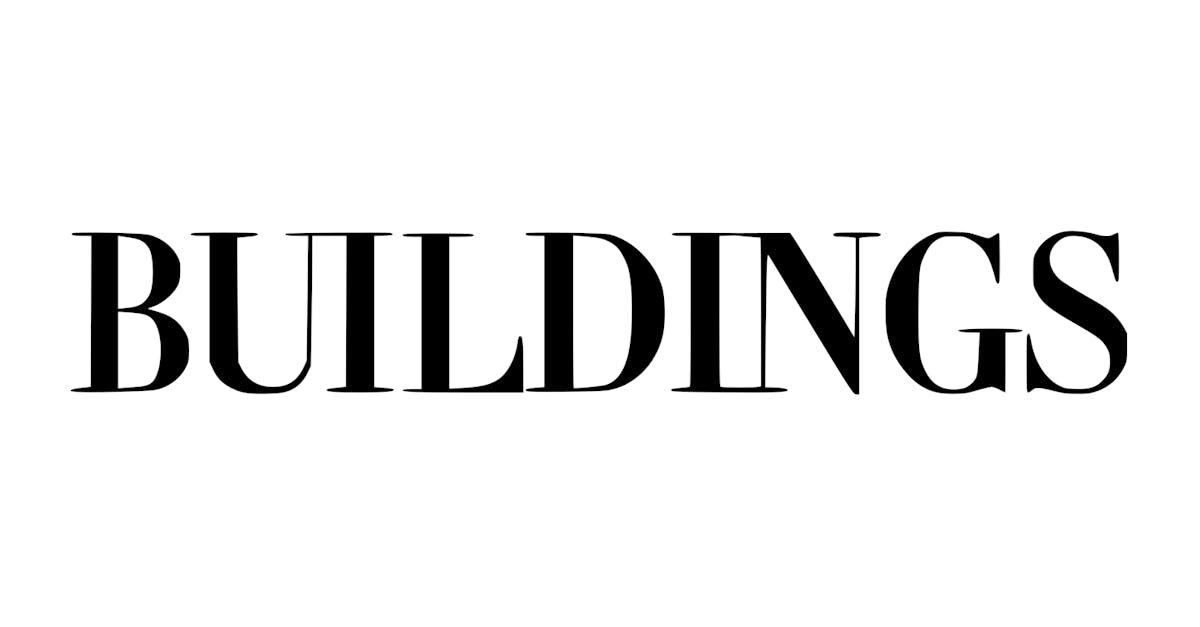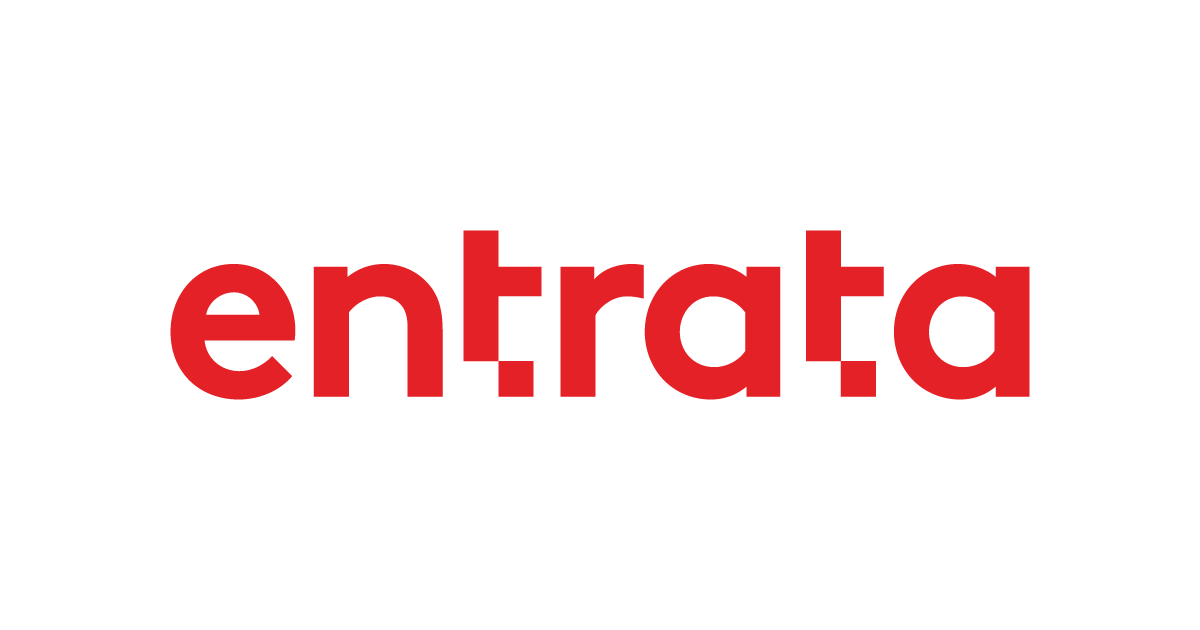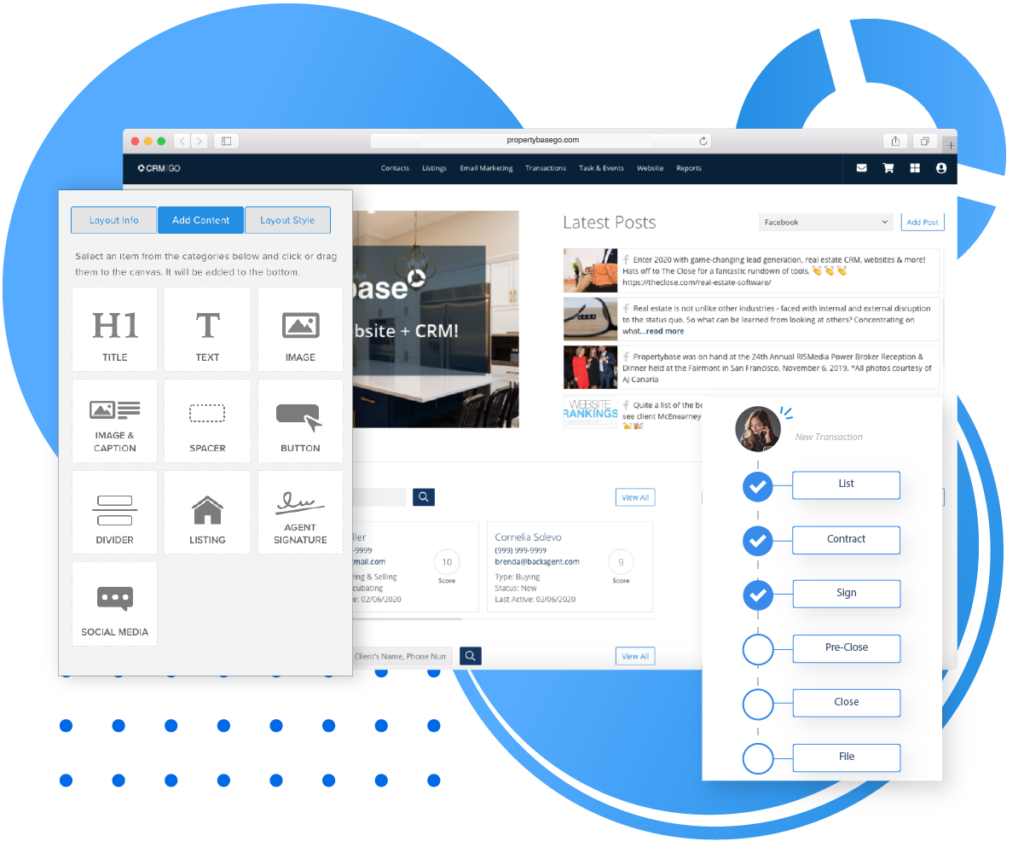Introduction
Choosing the right customer relationship management (CRM) software is crucial for real estate professionals to effectively manage leads, track client communications and transactions, and grow their business. However, with so many options on the market, it can be difficult to determine which solution is the most comprehensive and easy to use. This guide examines the top 15 real estate CRM platforms based on key evaluation criteria to help realtors, brokers, and property managers select the ideal software.
Methods of Evaluation
Each CRM solution was evaluated based on functionality and features, ease of use, pricing and plans, and customer reviews and ratings. Additional criteria like number of customers, integration capabilities, and customer support were also considered. Quantitative metrics like backlink profiles, website traffic, and keyword search trends were analyzed to ascertain the popularity and ranking of each software. The platforms were then categorized based on their suitability for different real estate niches like residential, commercial, property management etc. to help readers choose the best-fit option.
1. Salesforce
Salesforce is a leading CRM software company founded in 1999. With over 150,000 customers, Salesforce is the global leader in CRM. Salesforce offers a comprehensive real estate CRM solution to help real estate professionals manage relationships and transactions from lead to close.
Pros: Some key advantages of Salesforce’s real estate CRM include its wide range of functionality, ease of integrating with other business apps like DocuSign and mortgage software, and strong marketing automation tools for lead generation and follow up.
Cons: A potential disadvantage is that Salesforce has a complex and steep learning curve. It requires investment in implementation and customized configurations to optimize for real estate workflows.
Pricing: Salesforce offers various pricing plans for real estate CRM starting from $25 per user per month for the Professional Edition and scaling up based on number of users and additional features and functionality required.
Some key stats about Salesforce’s real estate CRM capabilities include: integrations with over 1000 third party apps, ability to manage over 10 million leads per organization, and supports over 30 languages.
2. Flexmls
Flexmls is a real estate CRM and customer relationship management software designed specifically for the real estate industry. Founded in 2007, Flexmls serves over 75,000 real estate professionals across North America. With integrated MLS data feeds and powerful agent and broker tools, Flexmls provides real estate professionals with everything needed to manage contacts, tasks, marketing and book of business.
Pros: Some key advantages of Flexmls include:
– Streamlined MLS integrations that sync listings and allow agents to run comp searches directly within the CRM
– Powerful agent and broker tools for managing teams, boards, commissions and more
– Intuitive task and calendar management for staying organized and on top of deadlines
– Robust marketing capabilities including email campaigns, social posts and client portals
Cons: There are no major disadvantages to Flexmls other than the standard limitations of any piece of software. Because it is designed specifically for real estate, some features found in more general business CRMs may be lacking.
Pricing: Flexmls offers several tiered pricing plans starting at $39 per user per month for the Essentials plan which includes basic CRM functionality. Their Premier plan is $59 per month and adds features like transaction management, document storage, and integrated DocuSign. Flexmls also offers an Enterprise plan for large brokerages with customized pricing.
Some key stats about Flexmls include:
– Integrations with over 800 MLS providers across North America
– Serves over 75,000 real estate agents and brokers
-Includes a robust contact manager with automated workflows
-Offers iOS and Android mobile apps for on-the-go access and productivity
3. AppFolio
AppFolio is a leading property management software for the real estate industry. Founded in 2006 and headquartered in Santa Barbara, California, AppFolio provides an all-in-one real estate solution for managing properties, tenants, and finances. With over 1 million users, AppFolio is one of the largest real estate software providers in North America.
Pros: Some key advantages of AppFolio include:
– All-in-one property management solution that handles leasing, maintenance, accounting and more
– Robust feature set that can scale with business needs
– Highly customizable platform that can be tailored to specific workflows
– Large client base and support resources for assistance and best practices
Cons: A potential disadvantage is the subscription pricing model which requires ongoing payments, whereas some competitors offer one-time license fees.
Pricing: AppFolio offers monthly or annual subscriptions starting at $50/unit for property management or $25/unit for owner portal only. There are discounts for pre-paying multiple years. Additional modules like leasing and maintenance are extra on top of the base fees.
Some key stats about AppFolio include:
– Over 1 million users managing over 10 million rental units
– $300 billion in total real estate assets managed on the platform
– Serving customers in 50 U.S. states and Canada
– More than 15 years of experience in property management software
4. RealPage RPM
RealPage RPM is a cloud-based real estate and property management software developed by RealPage, Inc. Founded in 1998, RealPage is one of the largest providers of property management software with over 20,000 properties and 3 million units managed on their platform worldwide. RealPage RPM aims to help property managers streamline operations and enhance the resident experience.
Pros: Some key advantages of RealPage RPM include:
– Large established company with a robust and feature-rich platform
– Comprehensive line of products that can manage the entire property lifecycle from prospect to payments
– Highly customizable platform that can be tailored to unique business needs and processes
– Integrations with other systems like maintenance, accounting and more for a unified solution
Cons: A potential disadvantage is the extensive customization may come at the cost of a higher initial setup and implementation timeframe compared to some other options.
Pricing: RealPage RPM pricing is customizable based on property and unit counts. Generally it costs between $3-15 per unit per month for core property management functionality. Additional modules, services and customizations are priced separately.
Some key stats about RealPage RPM include:
– Over 20,000 properties and 3 million units managed globally
– Founded in 1998 and gone public in 2003
– Serves over 10,000 owners, operators and service providers
– Presence in over 20 countries worldwide
5. SharpSpring
SharpSpring is a leading marketing automation and CRM platform designed to help businesses of all sizes grow revenue. Founded in 2011 and headquartered in Gainesville, Florida, SharpSpring offers a full-featured Revenue Growth Platform that streamlines marketing, sales, customer support and analytics for companies in over 150 countries.
Pros: Some key advantages of SharpSpring include:
– All-in-one platform for marketing automation, email marketing, CRM and analytics to streamline workflows
– Robust email builder with ready-made responsive email templates
– Advanced analytics and reporting to measure campaign performance and ROI
– Integrations with popular tools allow unified data and centralized workflows
– Affordable pricing starting at $49/month for the basic plan
Cons: One potential disadvantage is that SharpSpring may not have as many features as some of the more expensive enterprise-level solutions. However, for most small and mid-sized businesses it offers an excellent all-in-one solution at an affordable price.
Pricing: SharpSpring offers monthly pricing plans starting at $49 per month for the Essentials plan ideal for solopreneurs and small businesses. The Professional plan is $99/month and adds more features ideal for growing businesses. Enterprise solutions are also available for large enterprises.
Some key stats about SharpSpring include:
– Used by over 8,500 customers worldwide
– Proven to help businesses generate 20-50% more leads than comparable tools
– Integrates with over 350 applications including MailChimp, ActiveCampaign, Hubspot, Salesforce and more
– Named a leader in Forrester’s Wave report for mid-market CX solutions
6. Buildings
Buildings is a real estate CRM software founded in 2012 and based in San Francisco. The company focuses on providing property managers, brokers and commercial landlords with software to streamline lease and tenant management. With Buildings, users can track leads, run financial reports and maintain all tenant and property documentation in one centralized system.
Pros: Some key advantages of Buildings include:
– Built-in lease management templates and workflows
– Easy to set up tenant and property profiles
– Affordable pricing tiers starting at $40/user/mo for basic plans
– Intuitive dashboard and reporting features
Cons: A potential downside of Buildings is that some users report the software is more tailored towards large commercial properties and landlords versus smaller real estate teams or residential focuses.
Pricing: Buildings offers three pricing tiers:
– Basic: $40/user/mo billed annually. Best for 5 users or less.
– Professional: $75/user/mo billed annually. Best for 5-15 users.
– Enterprise: Custom pricing. Best for 15+ users or specific Enterprise needs.
Some key stats about Buildings include:
– Used by over 3,500 commercial property teams
– Manages over 1 billion sq ft of commercial real estate space
– Integrates with over 80 other software tools like QuickBooks, MailChimp and ServiceChannel
7. Housecall Pro
Housecall Pro is a leading real estate CRM software for property managers, landlords and real estate agents. Founded in 2007, Housecall Pro helps over 35,000 home service professionals streamline their field service operations. The software offers a complete solution for work order management, inventory tracking, online booking and payments.
Pros: Some of the key advantages of Housecall Pro include: – Field service and maintenance tracking to improve productivity and service – Online work order management to schedule jobs and communicate with clients – Inventory and asset tracking to manage parts and supplies – Online booking and payments to provide a seamless client experience
Cons: A potential disadvantage is that the pricing may be too expensive for smaller businesses with fewer technicians. However, Housecall Pro offers various pricing tiers to accommodate businesses of all sizes.
Pricing: Housecall Pro offers multiple pricing tiers starting from $39/month for a basic plan up to $99/month for a premium plan. Pricing is based on the number of technicians, work orders, integrations and advanced features required.
Some key stats about Housecall Pro include: – Over 35,000 home service businesses use Housecall Pro worldwide – Supports all types of field service businesses including HVAC, plumbing, property management, and more – Integrations with tools like QuickBooks, Stripe and Google Calendar to streamline operations
8. Buildium
Buildium is one of the most popular real estate and property management software options available. In business since 2004, Buildium aims to help property managers and owners streamline operations and improve tenant services through an all-in-one software platform.
Pros: Key advantages of using Buildium include:
– Popular property management software used by thousands of properties
– Feature-rich CRM capabilities to manage tenants and communications
– Easy to use interface designed specifically for property management workflows
– Robust reporting and analytics to track finances, vacancy rates, and more
Cons: One potential disadvantage is the pricing, as Buildium’s full-featured plans start at $99/month which may be more expensive than some basic alternatives. However, for more advanced property management needs the platform provides good value.
Pricing: Buildium offers 3 main pricing tiers:
– Basic: Starting at $99/month, includes up to 25 units and basic features
– Professional: Starting at $199/month, ideal for medium-sized portfolios up to 250 units
– Enterprise: Custom pricing for large property managers with premium features and support
Some key stats about Buildium include:
– Over 50,000 properties and 1 million+ units managed on the platform
– Used in all 50 U.S. states and several countries
– Features like online rent payments, maintenance requests, and documents are used by over 500,000 tenants
9. Propertyware
Propertyware is a leading real estate CRM software for property managers. In business since 1985, Propertyware provides a comprehensive property management solution for single-family, small to mid-sized property managers. Their software allows property managers to efficiently handle all aspects of property management from one centralized system.
Pros: Some of the main advantages of Propertyware include:
– Comprehensive property management software with features to handle all aspects of the business from one platform
– Flexible configuration options to tailor the software to your specific business processes
– Robust reporting and analytics to track key metrics and business performance
– Tools for marketing vacant units and automating the leasing process
Cons: A potential disadvantage is that Propertyware may be more full-featured than needed for some smaller property managers. The software is best suited for mid-sized property management companies with a few hundred units or more.
Pricing: Propertyware offers flexible pricing plans starting at $99 per month for their basic plan. Pricing is typically based on the number of managed units with discounting available for annual commitments. They also offer customized enterprise pricing for very large property managers.
Some key stats about Propertyware include:
– Over 30 years in business and over 500,000 managed units
– Used by over 6,000 property management companies
– Available in the cloud or on-premises
– Supports single-family homes as well as small multi-family properties
10. Entrata
Entrata is a comprehensive property management software that helps property managers and owners manage all aspects of their business from one platform. Founded in 2003, Entrata has grown to serve over 10,000 properties across North America. Their full property management system aims to streamline operations and provide a better resident experience.
Pros: Some of the key advantages of Entrata include:
– Fully integrated platform that brings together payments, maintenance, leasing, and more
– Easy to use and intuitive interface designed for both staff and residents
– Strong support team available via phone, email and online resources
– Affordable pricing model that scales with number of users and units managed
Cons: One potential disadvantage is a slightly higher upfront cost compared to some point solutions. However, Entrata aims to save costs over time through increased efficiencies and automation versus piecemeal systems.
Pricing: Entrata offers flexible pricing plans tailored for different property sizes and teams. Pricing starts at $49 per unit per year for basic property management up to $99 per unit for a fully loaded premium plan. Volume discounts are also available for larger portfolios.
Some key stats about Entrata include:
– Over 1.5 million units managed on the platform
– Used by over 2,000 property management companies
– 20+ integrated apps and services for additional functionality
– 24/7 phone and email support
11. Propertybase
Propertybase is a leading real estate CRM software designed to help real estate professionals manage contacts, track transactions, and utilize integrated MLS data. Founded in 2007 and based in Irvine, California, Propertybase aims to provide a full-service real estate platform that covers CRM, back office solutions, lead generation, marketing, and more to help brokerages and teams grow their business.
Pros: Some key advantages of Propertybase include its contact management capabilities, transaction tracking features, and integration of MLS data directly into the platform. Agents and brokers can easily manage all contacts, communications, and transactions in one centralized place. The integration of MLS data allows for searching, filtering, and exporting of active listings directly from the CRM.
Cons: One potential disadvantage is that the full suite of features is only available to brokerages on the premium paid tiers. Individual agents may find some limitations on the free or starter plans compared to bigger teams or brokerages on the higher tiers.
Pricing: Pricing for Propertybase starts with a free Basic plan for individual agents. Premium brokerage plans start at $49 per user per month for Essential or $79 per user per month for Advanced, billed annually. Transaction-based pricing is also available.
Some key stats about Propertybase include having over 50,000 active users, processing over $225 billion in transaction volume annually, and integrating with over 800 MLS/REBN boards across the US and Canada.
12. Follow Up Boss
Follow Up Boss is a real estate CRM software designed to help real estate professionals organize contacts, track activities and automate follow ups. In business since 2007, Follow Up Boss is one of the original and most full-featured real estate CRMs on the market. With over 25,000 agents using the platform, Follow Up Boss aims to be the operating system for real estate teams.
Pros: Some key advantages of Follow Up Boss include:
– Automated email and phone call reminders to stay top of mind with leads and clients
– Contact timeline and activity log for complete visibility into all interactions
– Dynamic lead scoring to identify highest potential clients
– Intuitive calendaring and task management tools
Cons: A potential disadvantage is that the basic plan only allows for 3 users which may not support larger teams. Larger teams would need to upgrade to a more expensive premium plan.
Pricing: Follow Up Boss offers several pricing plans starting from a Basic plan at $49 per user per month for up to 3 users. They also offer Teams, Premium and Enterprise level plans with increased features and higher user limits starting at $99 per user per month.
Some key stats about Follow Up Boss include:
– Processes over 10 million activities per month
– Has over 25,000 agents globally using the platform
– Offers integrations with over 50 different real estate and business applications
– Named one of the best real estate CRMs by Top Producer Magazine for multiple years
13. Real Geeks
Real Geeks is a real estate CRM and website solution built for conversion. Founded in 2012, Real Geeks serves over 10,000 real estate professionals globally. Their all-in-one platform allows agents and brokers to track and identify lead behavior, automate follow-up sequences, and generate new opportunities from website visitors.
Pros: Some key advantages of Real Geeks include fantastic user reviews with a 4.8/5 star rating on Capterra, a robust feature set that allows for lead tracking, automated workflows, and CRM functionality, and seamless integration with RETS/IDX systems for access to MLS listings and data.
Cons: A potential disadvantage is the pricing may be higher than some other options for smaller teams or solo agents. However, they offer various pricing tiers to accommodate different business sizes and budgets.
Pricing: Real Geeks offers several pricing plans starting at $39/month for a Basic plan up to an Enterprise plan customized for large brokerages. All plans include access to the full-featured CRM, included website templates, lead capture forms, and RETS/IDX integrations. Additional users can be added for $25/month each.
Some key stats about Real Geeks include: they have over 10,000 users globally, a 4.8/5 star rating on Capterra with over 150 reviews, integrations with RETS/MLS systems like CoreLogic, and have won numerous ‘Best Real Estate Software’ awards.
14. Realvolve
Realvolve is a real estate CRM software designed specifically for real estate professionals and brokerages. In business since 2005, Realvolve provides tools to help real estate teams manage client relationships, automate business processes, and scale their operations.
Pros: Some key advantages of Realvolve include:
– Tools focused specifically on the unique needs of real estate brokerages like deal management and team collaboration
– Robust client relationship management features to help realtors stay connected with clients and prospects
– Intuitive calendar and scheduling functionality to help agents and teams efficiently manage showings, open houses, and other appointments
Cons: A potential disadvantage is that the pricing can be higher than some other options for larger brokerages with hundreds of agents. However, Realvolve offers specialized tools and capabilities geared towards larger teams.
Pricing: Realvolve offers four pricing tiers based on the number of agents on a team:
– Essentials: $39/agent/month for up to 3 agents
– Performance: $49/agent/month for 4-9 agents
– Power: $59/agent/month for 10-24 agents
– Ultimate: Custom pricing for 25+ agents
Some key stats about Realvolve include:
– Used by over 50,000 real estate agents
– Supports teams of all sizes from solo agents to large brokerages with hundreds of agents
– Offers native iOS and Android mobile apps for on-the-go access
15. BoomTown
BoomTown is a real estate CRM and marketing platform that helps real estate professionals build relationships and generate more business. Founded in 2005 and headquartered in San Francisco, BoomTown serves over 200,000 real estate professionals across the United States and Canada.
Pros: Some key advantages of BoomTown include:
– Analytics and lead scoring to help real estate agents focus on high-quality leads
– Mobile accessibility so agents can manage their business from anywhere
– Customizable dashboard that agents can tailor to their specific needs and workflows
Cons: One potential disadvantage is that the platform may have a learning curve for agents used to using basic contact managers. It takes some time to fully optimize the powerful features in BoomTown.
Pricing: BoomTown offers several pricing tiers for agents starting from $49/month for a basic plan up to $199/month for a premier plan. Discounted annual subscriptions are also available.
Some key stats about BoomTown include:
– Serves over 200,000 real estate professionals across North America
– Offers a full suite of CRM, marketing and business tools in a single platform
– Over 16 years of experience in real estate software and technology
– Named a leader in real estate CRM software by G2
Conclusion
Choosing a real estate CRM is an important decision that impacts business processes and growth. This guide aims to simplify the selection process by comprehensively evaluating the top software based on numerous qualitative and quantitative factors. Readers can use this research to shortlist options that match their specific business needs and niche before testing out free trials. With the right solution, real estate professionals can transform their operations, boost returns, and deliver exemplary client service.












.png)


